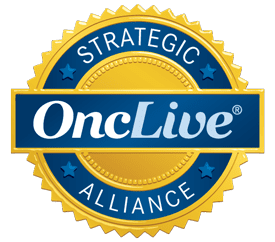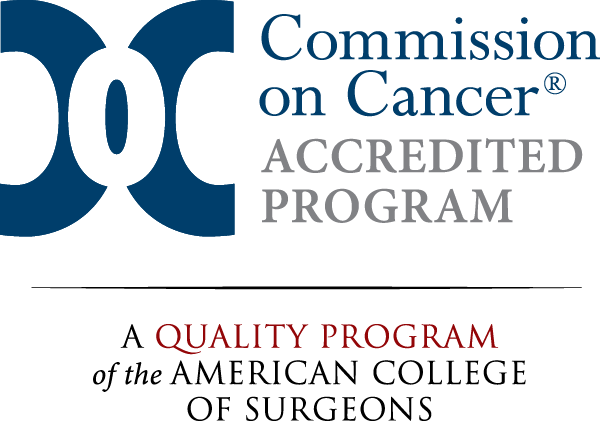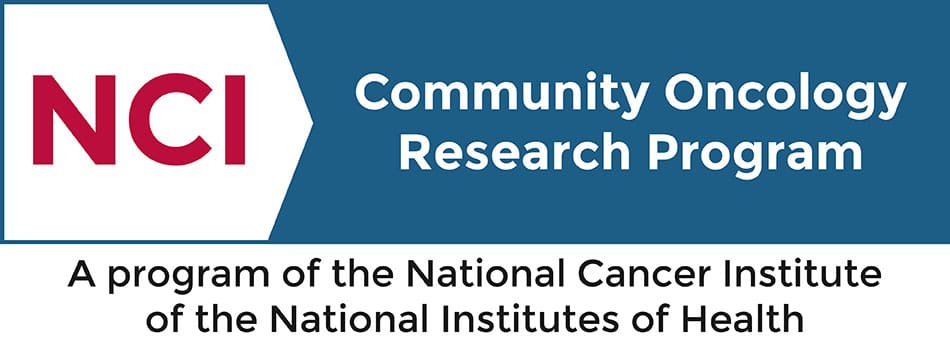Cancer screenings are an important part of your health and it’s crucial to undergo them routinely to identify any issues — as they may save your life. The percentage of people who have undergone cancer screenings has decreased significantly, dropping from 27.4% to 21.6% in 2020.
What is a cancer screening?
Cancer screening is the use of advanced testing technology to determine if someone has underlying cancer symptoms or a high risk of cancer. Normally, these are done using some form of common scanning technology such as an x-ray or MRI. Other forms of cancer screening involve lab tests of blood or urine, ultrasounds, and biopsy.
What are the goals of a cancer screening test?
Ultimately, cancer screening is about checking your body for cancer before symptoms begin to appear. There are two reasons to do this:
- Cancer screenings are the leading method of preventing cancer entirely, specifically for those who may be at high risk due to family history or medical background.
- Cancer is much easier to treat in its earlier stages, when symptoms are nonexistent or so negligible that they may go unnoticed. Patients who have cancer detected early have a higher chance of making a full recovery.
What should I know about cancer screenings?
Cancer screenings today have very few false-positive test results, providing peace of mind for a patient. Most doctors will tell you that preventing the growth of cancer before it spreads is the first step towards stopping cancer altogether.
Breast, lung, and prostate cancers are some of the most prevalent cancers in the U.S. and as such, they are the most frequently performed cancer screenings.
Who should be screened for cancer?
Screening recommendations vary by age. Take a look here at how to determine when you should be screened.
There are additional risk factors that go beyond a person’s age.
Some of the most common risk factors for preventable cancers include:
- Smoking, especially tobacco products
- Obesity or being overweight
- Drinking too much alcohol
- Excessive exposure to ultraviolet (UV) radiation from the sun or tanning beds
Outside of the common risk factors above, each form of cancer has another set of factors associated with a higher likelihood of developing cancer. For a full list of risk factors associated with each form of cancer, visit the website for the American Cancer Society.
__________________________________________________________________________
Directors Corner: Insight from Capital Health’s Dr. Doria
We talked to Dr. Cataldo Doria, the Medical Director of Capital Health Cancer Center, about what makes cancer screenings such a vital part of the process for patients who come to them for guidance:
“The goal is very simple: prevention. And where we are most effective as cancer doctors is in treating pre-cancerous diseases.”
Dr. Doria elaborated further about the uses of cancer screenings:
“Screening allows us to catch precancerous disease that we know will turn into cancer. So if we can eradicate these precancerous diseases, we can have a really big impact on patients who will almost inevitably develop cancer (if left undetected).”
Considering going to Capital Health Cancer Center for all cancer screenings
If you’re looking for a quality location to get a cancer screening, look no further than New Jersey’s own Capital Health Cancer Center. Once you or a loved one have decided that it might be time to get screened for cancer, follow the appropriate link on the page provided, or call the Capital Health Cancer Center at 609-537-6363 to speak to the scheduling concierge.



